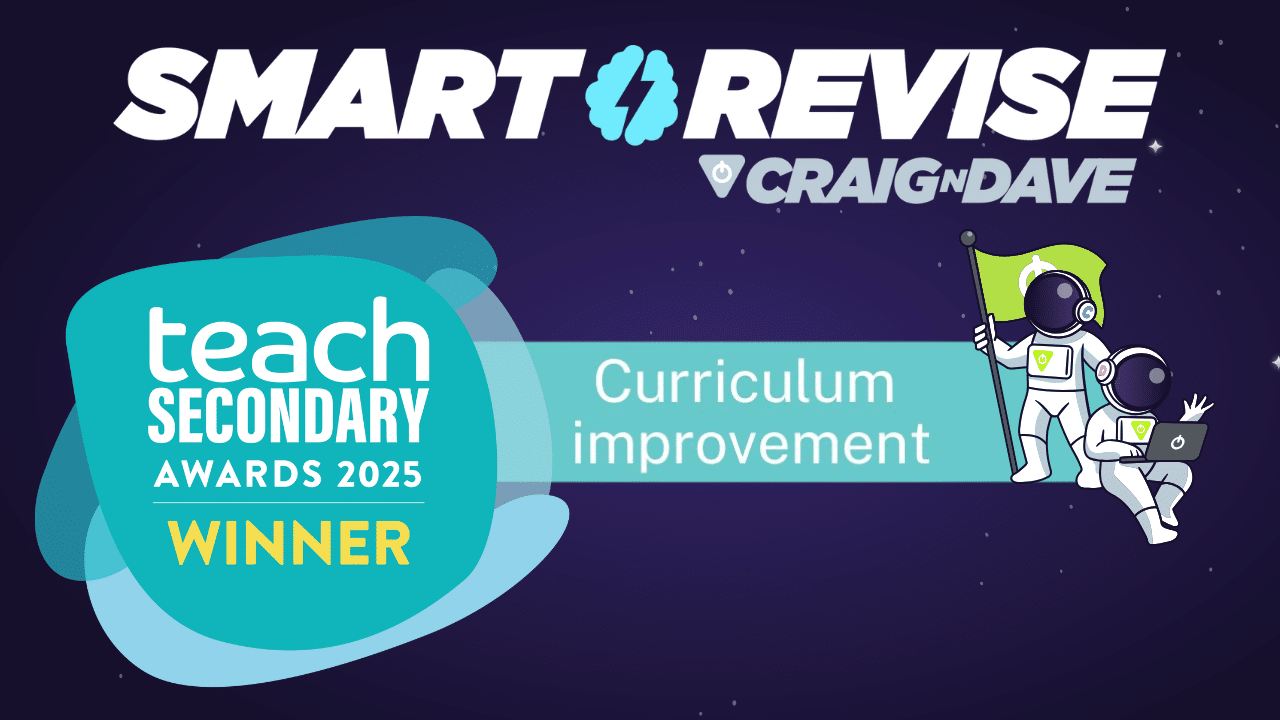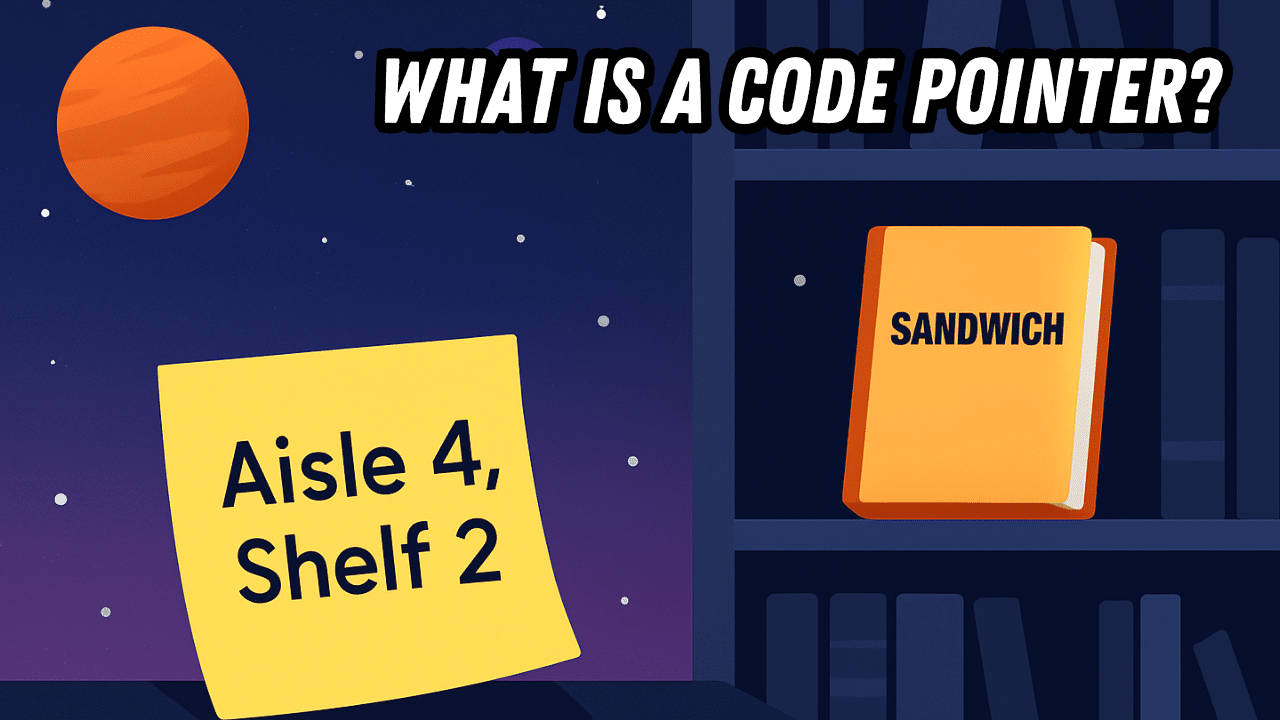
10 October 2025
In the fast-paced world of secondary education, it’s easy for Computer Science teachers and Heads of Department to become siloed — heads down, focused on lesson planning, delivery, assessment and the daily grind. However, in doing so, we risk missing out on one of the most powerful tools for professional growth and departmental improvement: external partnerships.
Why some teachers stay inside their bubble
Let’s be honest. We all know teachers that rarely venture beyond their own classroom walls. They don’t network, seek external support, or attend local or online CPD events. Why?
- Exhaustion: after a long day or term, the idea of engaging in anything extra can feel overwhelming.
- Complacency: some may feel their practice is “good enough” — no mandate for change.
- Fear or embarrassment: opening your classroom to scrutiny or admitting gaps in provision can be daunting.
- School culture: if leadership doesn’t actively value external CPD — a day out of the classroom, then teachers may feel discouraged from seeking it out.
But staying isolated can lead to stagnation. In a subject as dynamic as Computer Science, where technology and pedagogy evolve rapidly, isolation is a risk we can’t afford.
The power of networking: what it’s done for us
Take it from Craig and Dave — networking has transformed our teaching. Here’s how:
- Exposed our weaknesses: seeing what and how others teach helped us identify gaps in our own practice.
- Improved our pedagogy: we’ve borrowed ideas, refined strategies, and deepened our subject knowledge.
- Enhanced reflection: honest conversations with peers have challenged us to think critically about our methods.
- Reduced workload: sharing resources and lesson plans has saved countless hours.
- Provided support: having a critical friend — someone who understands your context and challenges — is invaluable.
Who We Network With
Our partnerships span a range of contexts:
- Local colleagues: face-to-face collaboration with teachers in nearby schools.
- National bodies: organisations like Computing at School offer CPD, forums and networking, often online.
- Subject leaders: influential figures like Johnny Palmer and Becci Peters provide inspiration and insight.
These relationships have helped us stay current, confident, and connected.
When partnerships go wrong
Not all external input is helpful. One common pitfall? The dreaded “Mocksted” — a mock Ofsted-style review led by someone with questionable credentials. These can be damaging when:
- The reviewer lacks pedagogical expertise.
- Their own school’s outcomes are weaker than yours.
- The process feels more like a power trip than constructive feedback.
SLT must vet external reviewers carefully. A poor QA experience can demoralise staff and undermine genuine progress.
Making partnerships work
Drawing on insights from Michael Green, visiting professor in the School of Education at the University of Greenwich, here’s how to ensure external partnerships are meaningful:
- Start with purpose: know what you want to achieve. Is that better results, more engaging lessons, incorporating the latest pedagogy or just a shoulder to cry on?
- Align values: work with people who share your educational philosophy, but don’t be scared of challenge. It will adapt but also solidify your why – why you teach the way you do.
- Pilot first: begin with small, manageable collaborations. Meet regularly, make it something you look forward to and not another meeting in the calendar to try and avoid.
A Mindset Shift
External partnerships aren’t an “extra” — they’re a strategic lever for improvement. They create capacity, not consume it. Whether it’s co-planning lessons, sharing SEND strategies, or engaging with industry to broaden pupils’ horizons, partnerships help us do more, better.
So, if you’re a Computer Science teacher or Head of Department who’s been keeping your head down — look up. There’s a whole network out there ready to support, challenge, and grow with you.










